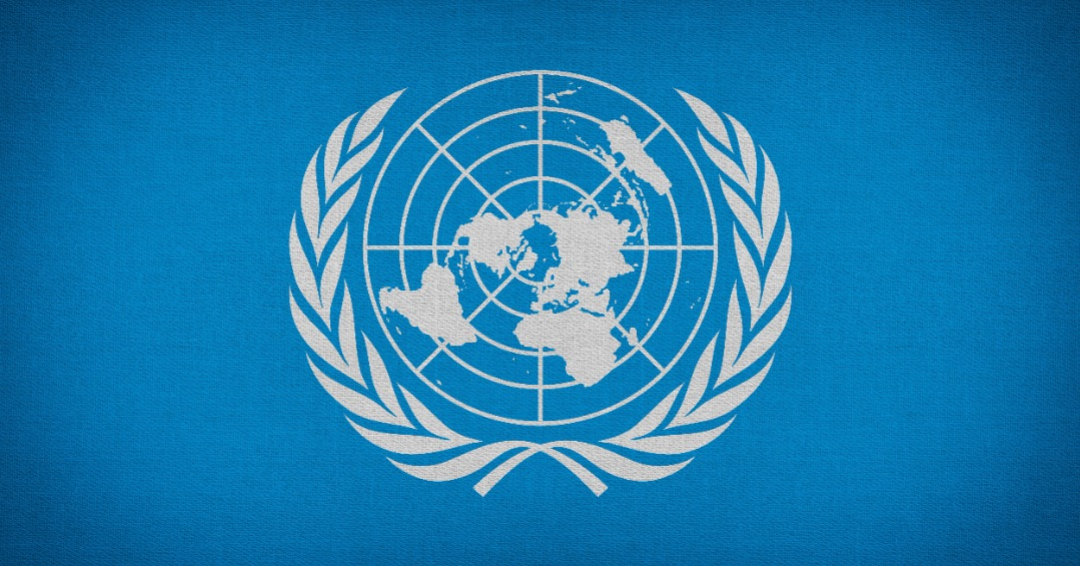The United Nations has adopted the world's first international treaty to protect the high seas, marking a historic milestone in the fight for environmental conservation. The treaty, officially known as the "Biodiversity Beyond National Jurisdiction" (BBNJ) treaty, aims to establish a legal framework that extends comprehensive environmental protections to international waters, which account for over 60% of the world's oceans. After years of discussions and negotiations, UN member states finally reached an agreement on the treaty text in March, and now the focus shifts to its swift ratification to safeguard the oceans and build resilience against climate change.
The BBNJ treaty represents a crucial achievement in the conservation efforts for marine ecosystems and biodiversity. It enables the creation of protected marine areas in international waters, where currently only about 1% of such areas benefit from conservation measures. Moreover, the treaty introduces requirements for conducting environmental impact studies for proposed activities in international waters, including fishing, maritime transport, deep-sea mining, and geo-engineering programs. These measures aim to achieve the goal of protecting 30% of the world's oceans and lands by 2030.
The ratification and implementation of this treaty are vital to safeguarding our oceans and ensuring the sustainable future of our planet. While there is already a High Ambition Coalition for BBNJ consisting of around 50 countries, including those of the European Union, significant support from additional states is still needed to reach the threshold of 60 ratifications required for the treaty to enter into force. Through this initiative, the aim is to protect the oceans and preserve marine biodiversity, providing a safer and more sustainable future for all inhabitants of our planet.
Source: Yahoo News

